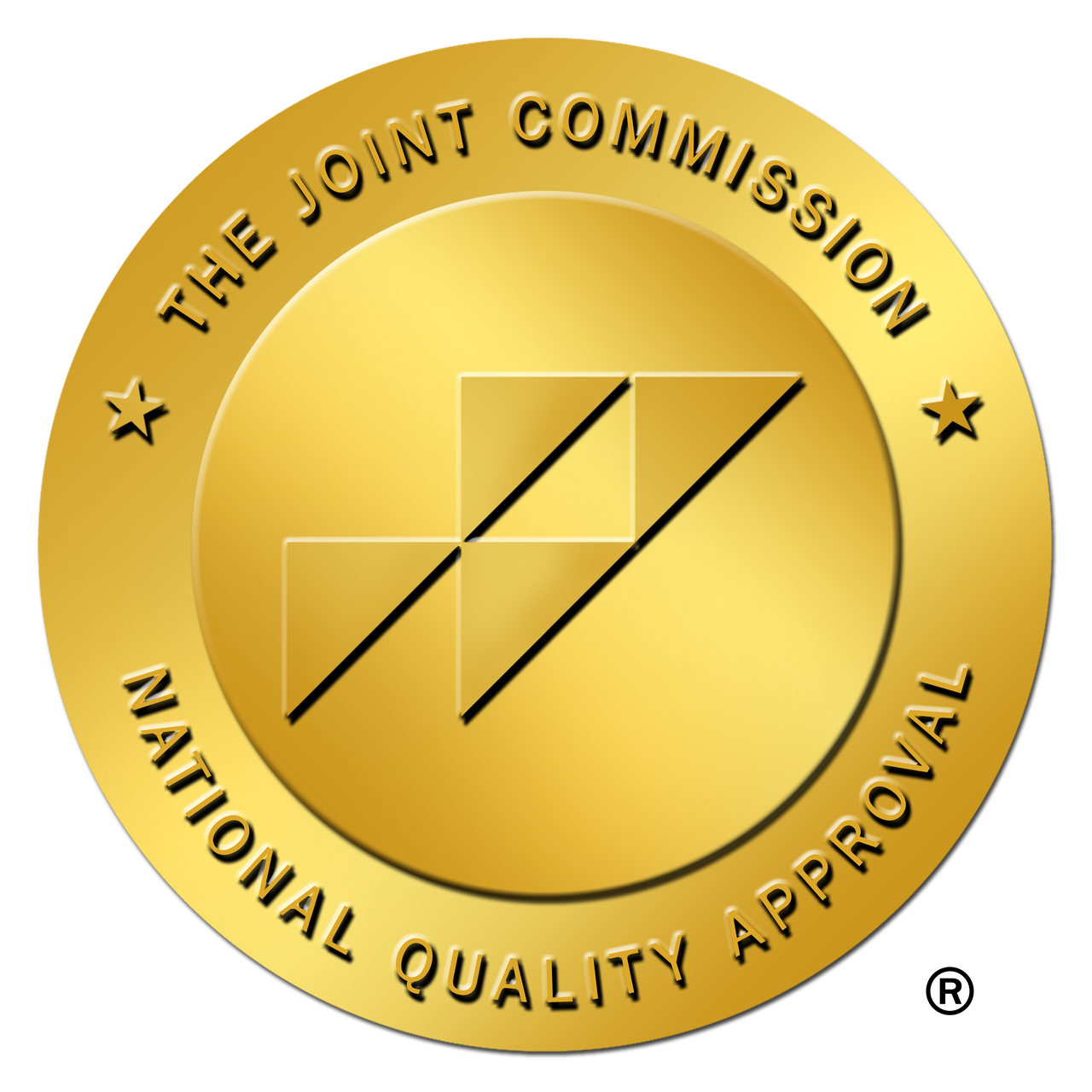
Taking the courageous step to recover from a drug or alcohol addiction comes with many challenges. Having a set of clearly laid out rules as a guideline can help individuals navigate this tough life transition.
As a top drug rehab in Rockville, MD, our team at The Valley embraces various strategies to help patients find a sustainable path to sobriety. Continue reading to discover our top five rules of recovery.
1. Change Your Lifestyle
Recovery requires significant changes in your lifestyle to avoid situations and behaviors that might lead to relapse. This includes changing your environment, relationships, and routines. Engaging in positive activities, such as exercise, hobbies, and work, can support your new lifestyle. Establishing a daily routine with healthy habits can provide structure and stability, making it easier to resist old temptations. Surrounding yourself with supportive, sober individuals creates a network of accountability and encouragement. Additionally, setting clear and achievable goals helps to maintain focus and motivation on your journey to recovery.
2. Be Completely Honest
Honesty with yourself and others is crucial. This means acknowledging the reality of your addiction and the impact it has had on your life and relationships. Being truthful about your struggles and progress with those who support you is also essential. This openness fosters trust and strengthens your support network, which is vital for long-term recovery. Admitting your vulnerabilities and seeking help when needed can prevent feelings of isolation and shame. Furthermore, honest self-reflection allows you to identify triggers and areas that need improvement, paving the way for personal growth and healing.
3. Ask for Help
Recovery is not something you can do alone. It’s important to seek support from friends, family, support groups, or professional counselors. This may involve participating in 12-step programs, therapy, or other support systems designed to help individuals recover from addiction. Connecting with others who understand your struggles provides a sense of community and shared experience, which can be incredibly comforting. Regularly attending meetings or therapy sessions helps to reinforce your commitment to sobriety and offers consistent encouragement. Additionally, leaning on a support network can provide practical advice and emotional strength during challenging times.
4. Practice Self-Care
Taking care of your physical, emotional, and mental health is vital in recovery. This includes maintaining a healthy diet, getting regular exercise, ensuring adequate sleep, and finding ways to manage stress. Practicing mindfulness and engaging in activities that promote relaxation and well-being are also important aspects of self-care. Regular self-care helps to restore balance and resilience, making it easier to cope with challenges without resorting to substance use. Incorporating hobbies and interests that bring joy and satisfaction can significantly improve your quality of life. Additionally, self-care routines provide a foundation for long-term health and stability, supporting sustained recovery efforts.
5. Don’t Bend the Rules
Sticking to your recovery plan and not allowing exceptions or justifications for relapse is critical. Recovery requires a firm commitment to the rules and guidelines you’ve set for yourself. This means avoiding situations where you might be tempted to use substances again and not rationalizing behavior that can lead to a slip. Maintaining strict boundaries helps to reinforce your dedication and prevent backsliding into old habits. It's important to recognize and challenge any thoughts or excuses that could undermine your progress. By consistently adhering to your recovery plan, you build a strong foundation for lasting sobriety and personal growth.
These rules provide a foundation for a structured and disciplined approach to recovery, helping individuals build a healthier, substance-free life. If you’re looking for further support along your journey to sobriety, consider reaching out to the compassionate team at our drug rehab in Rockville, MD.
 ® The Valley®
® The Valley®



